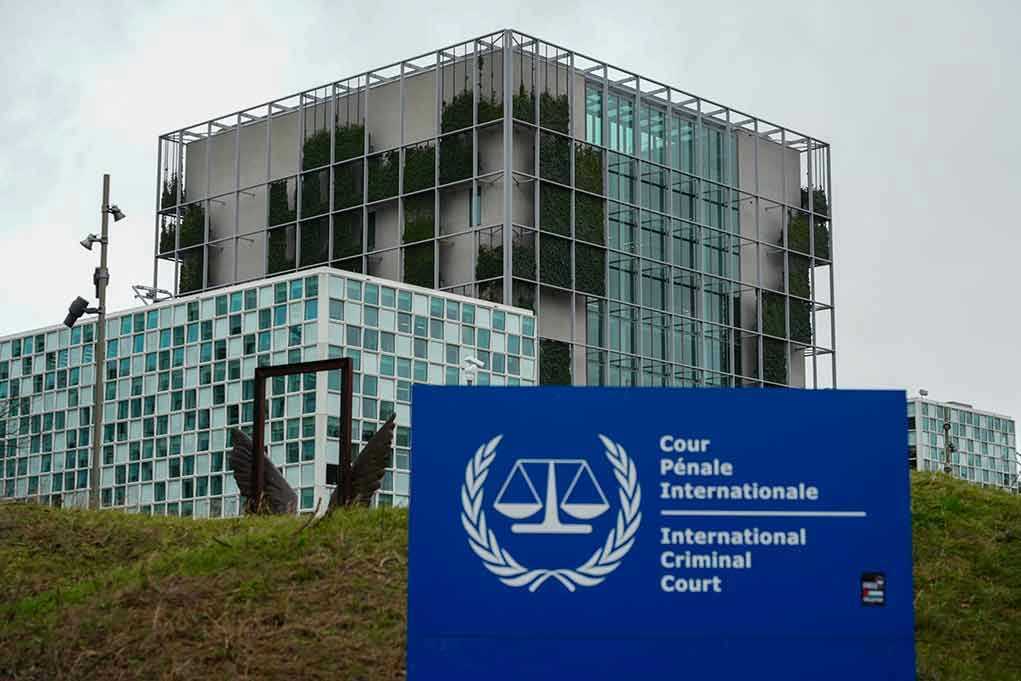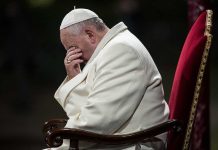
With the Biden administration gone, President Trump’s bold sanctions against International Criminal Court officials signal a dramatic stand for American sovereignty and a direct rebuke to globalist institutions seeking to target U.S. and Israeli citizens.
Story Snapshot
- The U.S. sanctioned four ICC leaders for investigations targeting Americans and Israelis, sparking international outrage.
- Trump officials frame the move as safeguarding national sovereignty and defending personnel from foreign overreach.
- The ICC and allies condemn the sanctions as a dangerous attack on judicial independence and global justice.
- Diplomatic tensions are escalating, with U.S. allies in Europe and the UN pushing back against the new measures.
Trump Administration Responds Forcefully to ICC Prosecutions
On August 20, 2025, the U.S. State Department imposed targeted sanctions on four top officials from the International Criminal Court (ICC), citing their involvement in investigations and legal actions aimed at U.S. and Israeli nationals. These sanctions, authorized by an executive order issued earlier in February, personally target two ICC judges and two deputy prosecutors, freezing their assets and restricting travel. The administration’s decisive response follows years of ICC attempts to assert jurisdiction over countries that never accepted its authority, a move Washington views as a direct threat to American sovereignty and the rights of its citizens.
The Trump administration’s rationale is clear: protecting American service members and allies, especially Israel, from politically motivated prosecutions orchestrated by unelected international bureaucrats. The White House and State Department labeled the ICC a “national security threat” and an “instrument for lawfare against the United States and our close ally Israel.” This approach resonates with conservatives long frustrated by globalist institutions that disregard national sovereignty and threaten the constitutional protections of Americans. In contrast, the ICC and its supporters, including France and the United Nations, denounced the sanctions as a “flagrant attack” on the international justice system and judicial independence, igniting sharp diplomatic backlash.
Historic Tensions and New Precedents in International Law
The roots of this confrontation extend back to 2002, when the U.S. Congress enacted the American Servicemembers’ Protection Act to shield Americans from ICC prosecution. Both the U.S. and Israel have consistently rejected the court’s authority, as neither nation ratified the Rome Statute that established the ICC. Recent ICC investigations and arrest warrants against U.S. and Israeli officials escalated tensions, prompting the Trump administration’s robust countermeasures. Unlike previous administrations, which at times accommodated or reversed sanctions, President Trump’s team has made it clear: any attempt by international courts to undermine American legal autonomy will be met with strong, targeted consequences.
This policy shift is not without precedent. In 2020, the U.S. imposed similar sanctions on ICC officials, only to see them lifted by the Biden administration—an action widely criticized by those concerned with constitutional integrity and the unchecked spread of globalist influence. The renewed and expanded sanctions of 2025 underscore a fundamental shift in U.S. foreign policy: a move away from appeasement and a firm assertion of American and allied interests against what is perceived as judicial overreach.
Escalating Diplomatic Strains and Constitutional Stakes
The international response to these sanctions has been swift and severe. France, Canada, the United Nations, and other ICC member states publicly condemned the U.S. actions, arguing that they threaten the independence of the judiciary and the global fight against impunity for grave crimes. The ICC warned that such sanctions undermine the rights of victims worldwide and erode the court’s legitimacy. Meanwhile, the Trump administration maintains that defending American citizens from foreign prosecution is non-negotiable, and that U.S. legal principles—not international edicts—must govern the fate of its nationals.
For many Americans, especially those who value the Constitution, the right to a fair trial by peers, and protection from foreign interference, the administration’s stance is a welcome correction after years of perceived erosion under globalist and left-leaning policies. However, the move may have broader implications, including increased isolation for the U.S. in international forums and a potential weakening of global mechanisms for prosecuting genuine war crimes. The coming months will test whether the administration’s defense of sovereignty and constitutional rights will inspire other nations to resist international overreach or deepen the rift between the U.S. and its traditional allies.
Expert Perspectives and Ongoing Controversy
Legal scholars and international organizations remain deeply divided. United Nations officials and European governments argue that the U.S. move sets a dangerous precedent, threatening the rules-based order and jeopardizing accountability for the world’s worst crimes. Conversely, American officials and conservative legal minds see the ICC’s actions as an illegitimate intrusion that violates U.S. sovereignty and could undermine core constitutional protections if left unchecked. Both sides agree that the stakes are high, as the actions taken now will shape the boundaries of international law and national sovereignty for years to come.
Amid these developments, Americans who value individual liberty, the Constitution, and the nation’s ability to chart its own course can see these sanctions as a critical stand against the erosion of national authority. As the administration continues to challenge globalist overreach, the world is watching to see whether America’s defense of its values will strengthen the constitutional order or fuel further international discord.
Sources:
French Government Statement: France condemns US sanctions against ICC officials
White House Executive Order: Imposing Sanctions on the International Criminal Court
US Treasury OFAC SDN List: Recent Actions (August 20, 2025)

















